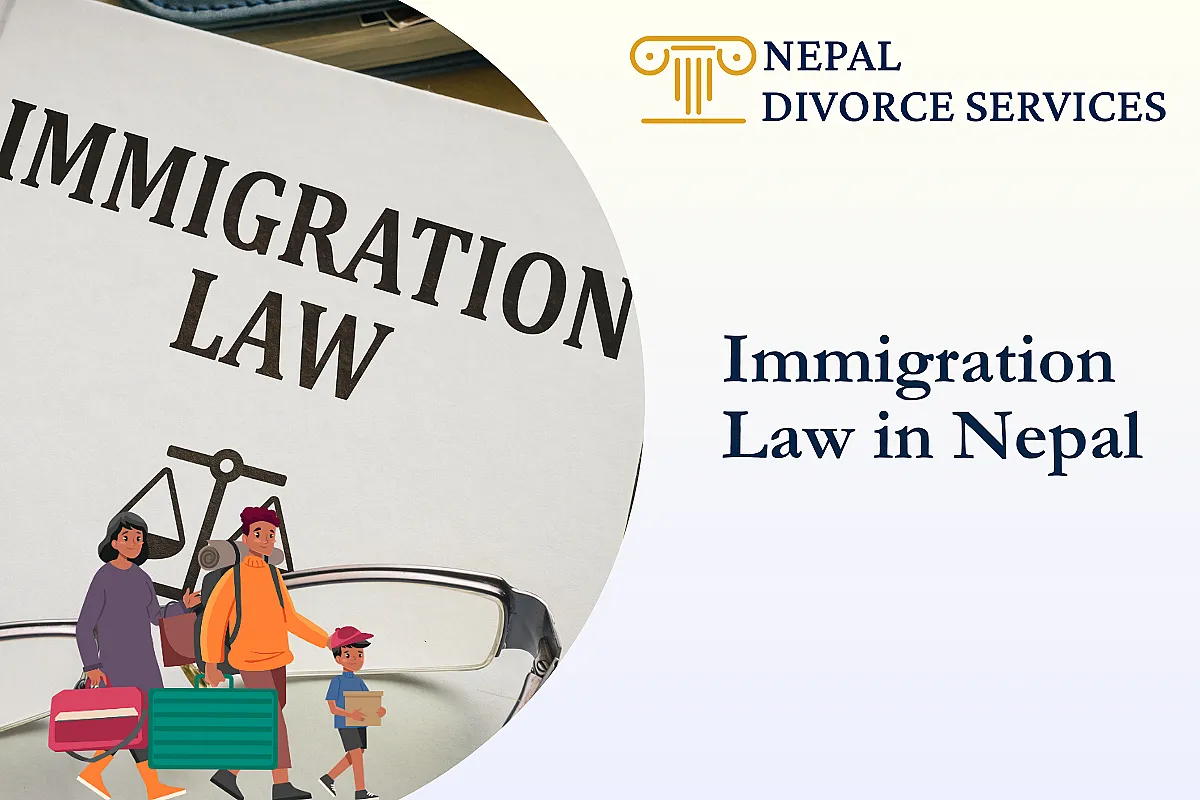Our Blog
- Home
- Blogs
The Legal System of Nepal
The legal system of Nepal is a complex and evolving system that has been shaped by a variety of influences, including the country's history, culture, and religion. The legal system is also influenced by the country's current political and economic situation.The history of the legal system of Nepal can be traced back to the 18th century when the country was ruled by the Shah dynasty. During this period, the legal system was based on Hindu law and customary law. In the 19th century, the British colonial government introduced elements of common law into the Nepalese legal system.
Nepal's Cybersecurity Regulations
Cybersecurity is the protection of information systems and networks from unauthorized access, use, modification, or destruction. Cybersecurity is essential for ensuring the confidentiality, integrity, and availability of data and services in the digital era. Cybersecurity is also a matter of national security, as cyberattacks can disrupt or damage critical infrastructure, public services, and economic activities.
Real Estate Law in Nepal
Real estate law in Nepal is a complex and diverse topic that covers various issues and aspects of property rights, transactions, and disputes. This article provides an overview of the main issues and aspects of real estate law in Nepal, such as ownership, transfer, valuation, and dispute resolution. It also discusses the sources and authorities of real estate law in Nepal, such as the Constitution of Nepal, statutory laws, customary laws, and judicial decisions. These sources and authorities provide the legal basis and principles for the regulation and administration of property rights, transactions, and disputes in Nepal. The article also addresses the challenges and problems related to real estate law in Nepal, such as lack of proper documentation, registration, measurement, valuation, management, maintenance, awareness, education, coordination, cooperation, transparency, accountability, access, affordability, capacity, competency, enforcement, and implementation. It also suggests some possible solutions and recommendations to overcome these challenges and problems, and to ensure the protection, promotion, and fulfillment of the real estate law in Nepal.
Immigration Law in Nepal
Nestled amidst the majestic Himalayas, Nepal welcomes visitors and residents from across the globe. However, navigating the legal landscape governing entry, stay, and departure in this captivating nation requires understanding its intricate immigration laws. This article delves into the complexities of Nepal's immigration system, offering a comprehensive guide for foreign nationals and Nepali citizens alike.
Resolving Disputes in Nepal
Resolving Disputes in Nepal is a vital topic that affects the rights and interests of individuals, businesses, and organizations. According to my search, disputes in Nepal can be resolved through various methods, such as litigation, arbitration, mediation, negotiation, etc. The choice of the method depends on the nature, complexity, and urgency of the dispute, as well as the preference and agreement of the parties involved.





